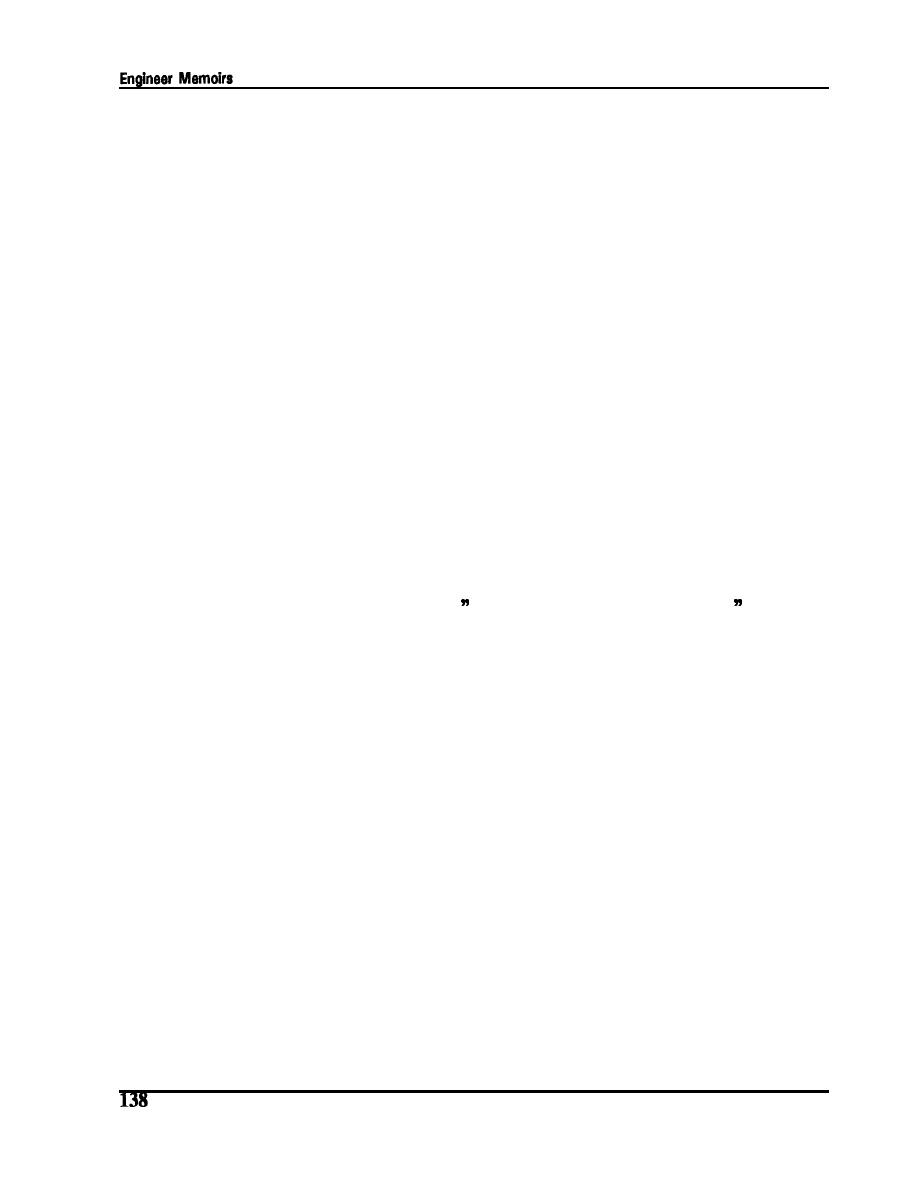
talking the other was thinking of what to say next. Moreover, the Soviets insisted
on equal time to speak and to them this meant equal time for each person. As a
result, the Soviets had twice as much time as I had to present a case. Later, before
we commenced START, I asked the Secretary of State to arrange through diplo-
matic channels for us to have an equal number of negotiators on both sides. The
Soviets agreed.
However, when we arrived in Geneva for our first meeting there was one and five
on our side but one and six on their side as there always had been. Instead of
beginning to negotiate I called a recess and spoke to my opposite number, Viktor
Karpov. I told him the U.S. and USSR had agreed through diplomatic channels
that there would be an equal number of negotiators on both sides. He disclaimed
anyknowledge about the agreement and said that his instructions were that there be
one and six on the Soviet side.
I continued the recess and sent a note to our headquarters asking that the senior
U.S. advisor be sent to the meeting. When he arrived I appointed him, on the
spot, to be a negotiator. We then resumed the meeting with one and six on each
side.
Karpov smiled ruefully, and said, "The U.S. never worried about such things
before and you can't blarne me for trying. To us," he said, "form is as important
as substance. As a matter of fact, he said, "to us form is substance. As time
passed I found this to be true; the Soviets always placed a great deal of emphasis
on form.
We generally met twice a week, every Tuesday and Thursday. On Tuesdays the
Soviets came to our location on the top floor of the Botanic Building and on
Thursdays we met behind the fenced-in compound which was reinforced by barbed
wire. Whoever was the host would allow the guest to make the first statement.
These statements, which we called plenary statements, were carefully worded
positions on some issue, they usually lasted about 30 to 40 minutes. After that, we
would break up into one-on-one pairings for informal discussions. These informal
sessions would last two or three, sometimes four hours. Whenever the plenary
statements were binding on our respective governments, the informal sessions were
not.
After we broke up we would come home and hold a debriefing session among
ourselves. I would then dictate a short summary of highlights which we cabled to
Washington. Karpov told me the Soviets did the same thing, and like us, followed
the cable with a longer memorandum for record which we airgrammed back home.
As Dean Acheson once said, "no person puts himself in a bad light in his own



 Previous Page
Previous Page
